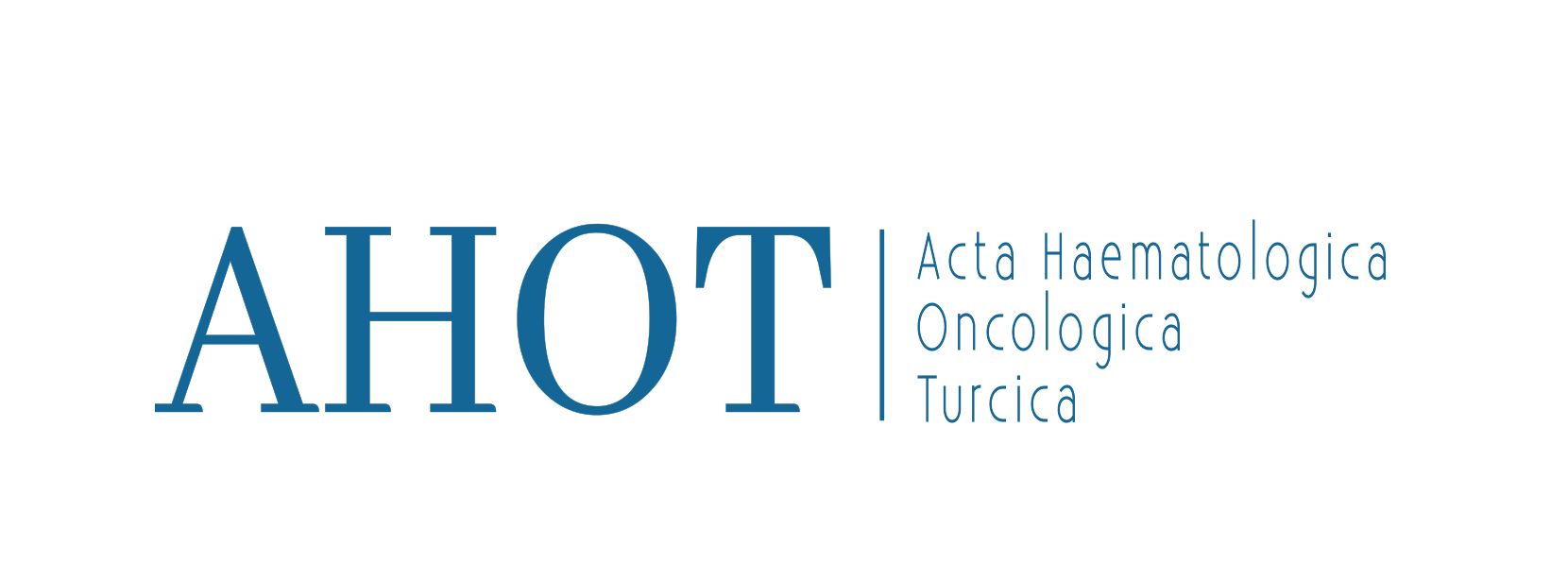Abstract
INTRODUCTION
One the main methods of reducing mortality and morbidity in cancer is screening programs and the early detection of disease and therefore increasing the awareness of appropriate interventions. In this regard, specialists in the field of oncology are at the forefront of those who should guide the population. The aim of this study is to evaluate the practice habits of medical oncologist in screening programs.
METHODS
The practice habits of medical oncologists regarding early diagnosis and screening of cancer was evaluated by a 37-item questionnaire.
RESULTS
Of the medical oncologist who were sent the survey, 94 of them replied. Sixty percent of the respondents were in college and 37% were working in state hospital. Eleven percent of the participants were professors, 8% were associate professors, 9% were assistant professors, 42% were experts and 29% were fellows. When the duration of expertise was examined, 48% have 3-10 years of experience, 37% between 1-3 years, 12% over 10 years. Nearly half of the participants reported that they should offer screening for lung cancer, but 22% recommended routine screening. It was determined that occult blood analysis was useful (55.1%) and at least rectal examination was recommended to patients and healthy subjects (45.7%). Mammography was the most believed (96.7%) and the recommended (98.9%) method.
DISCUSSION AND CONCLUSION
It has been noticed that the health professionals who are interested in oncology generally have similar perception and practice habits about early diagnosis and screening methods of cancer. However, they offer these methods to patients in daily practice less than they think they are useful for cancer screening. It should not be forgotten that this is part of health services.



